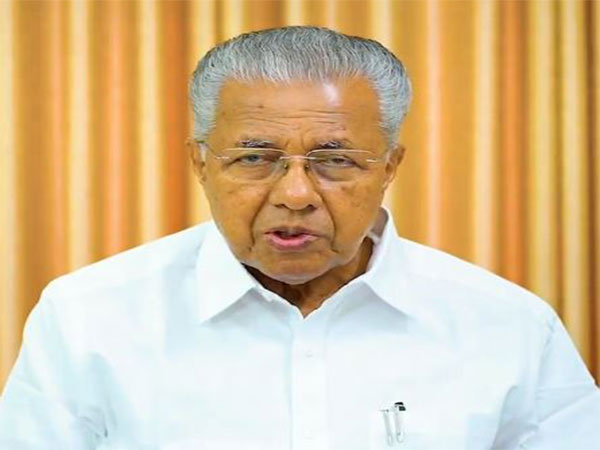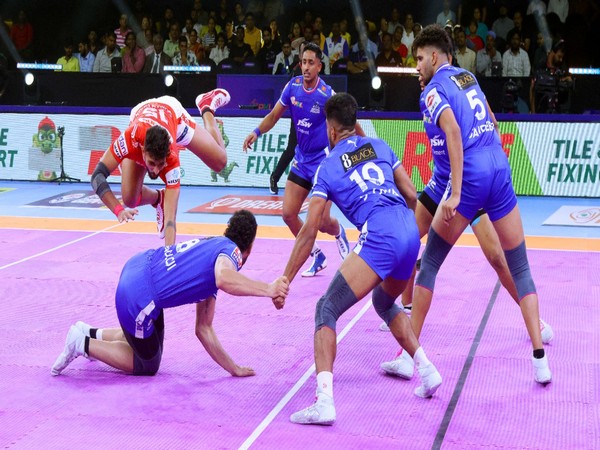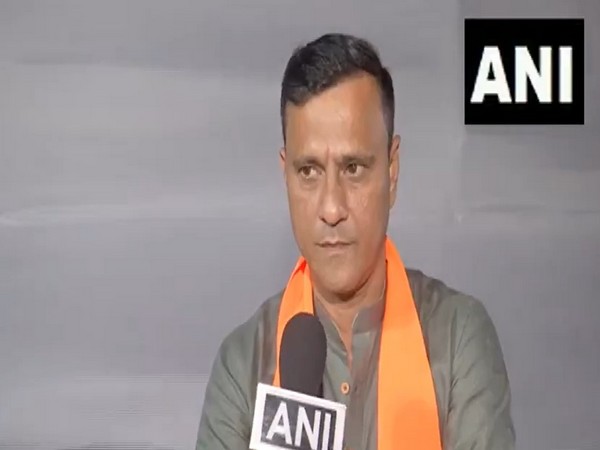Thiruvananthapuram (Kerala) [India], July 5 (ANI): The Kerala government on Friday held a meeting to discuss issues related to amoebic meningoencephalitis under the leadership of Chief Minister Pinarayi Vijayan.
CM Vijayan instructed that people should avoid swimming in unclean water bodies. He emphasized that swimming pools must be properly chlorinated.
“Children are particularly susceptible to this disease, so extra caution should be taken when they enter water bodies. The use of swimming nose clips can help prevent the infection,” he said.
The Chief Minister also urged everyone to ensure water bodies are kept clean.
Health Minister Veena George, Chief Secretary Dr. Venu V., Additional Chief Secretary of the Health Department Rajan Khobragade, and Director of the Virology Institute Dr. E. Sreekumar attended the meeting.
Earlier on July 2, Kerala Health Minister Veena George held a high-level meeting of the health department in the background of two deaths and one case of hospitalisation due to amoebic meningoencephalitis in the last two months.
Notably, Amoebic meningoencephalitis is a very rare disease in people who have contact with standing or running water sources. There are very few scientific studies and results about this rare disease. Statistics indicate that only 2.6 out of 10 lakh people who come in contact with such water in the world get this disease. The disease usually occurs when Naegleria fowleri, a type of amoeba, infects the brain.
This disease is not transmitted from human to human. The amoeba that lives in stagnant water enters the human body through the thin skin of the nose and causes encephalitis, which seriously affects the brain. Free-living amoebas are generally found in stagnant water bodies. Bacteria from the amoeba family are transmitted through the fine pores in the nose by bathing in drains or pools. Enters the human body and severely affects the brain and causes encephalitis.
Symptoms appear within one to nine days of infection. The primary symptoms are severe headache, fever, nausea, vomiting and difficulty turning the neck. Later, when it reaches a critical condition, there are symptoms like epilepsy, loss of consciousness and memory loss. Diagnosis is made by taking fluid from the spinal cord and testing it. People who bathe in stagnant water should report these symptoms and seek treatment. (ANI)
Disclaimer: This story is auto-generated from a syndicated feed of ANI; only the image & headline may have been reworked by News Services Division of World News Network Inc Ltd and Palghar News and Pune News and World News
HINDI, MARATHI, GUJARATI, TAMIL, TELUGU, BENGALI, KANNADA, ORIYA, PUNJABI, URDU, MALAYALAM
For more details and packages
















